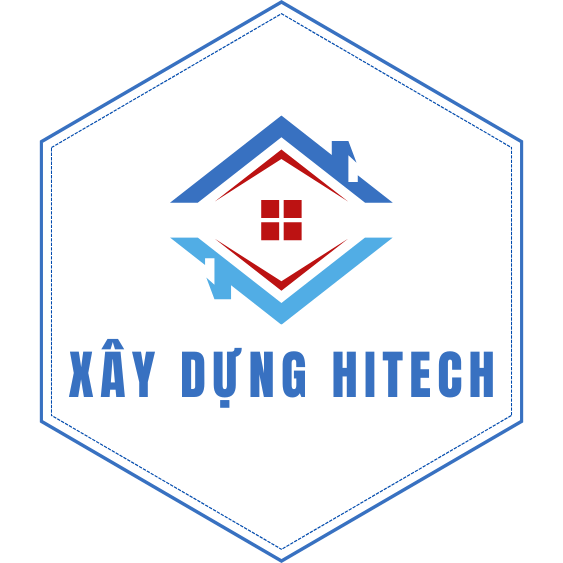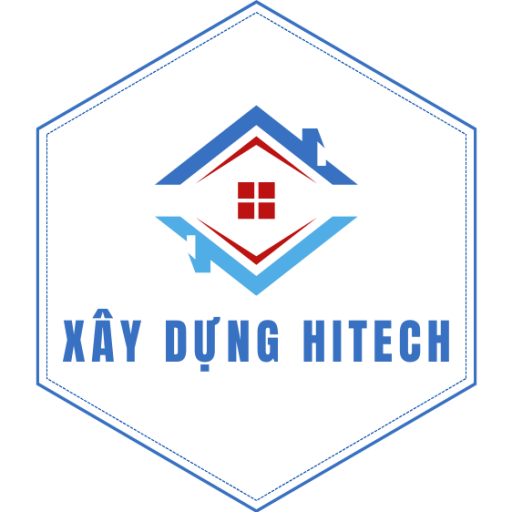Updated 05/26/2025
In an industry where visual appeal can determine a sale, machine learning systems are radically changing how properties are presented to potential buyers. Virtual staging—the digital furnishing of property images—has transformed considerably through AI integration, creating unprecedented opportunities for realtors.

Market Reality: Statistical Evidence Supporting AI Virtual Staging
Recent market analysis from Real Estate Digital Transformation Report demonstrates that well-presented homes sell 73% faster compared to properties without staging. Historically, physical staging requires investments of $3,000-$10,000 for a standard home, representing a significant financial barrier for many agents and sellers.
In comparison, AI-powered virtual staging typically costs $29-$99 per room, delivering a cost reduction of roughly 97% compared to traditional staging methods.
Based on data from the Real Estate Staging Association, 82% of buyers’ agents indicate that property presentation assists for potential purchasers to imagine the property as their future home. With computer-generated staging, this psychological edge is attained at a significantly lower investment.
Industry reports from Realtor.com show that properties with AI enhancements attract 61% greater attention on property websites than non-enhanced listings, leading to a greater number of potential buyers and accelerated sales timelines.
Check more on Rebrand.ly (virtual staging for realtors and real estate) for all things.
Technological Transformation: The Mechanics of AI Virtual Staging Surpasses Previous Solutions
Modern AI virtual staging technology utilize complex AI architectures that fundamentally transform the credibility of digital enhancements.
In particular, state-of-the-art systems utilize convolutional neural networks developed using millions of professional staging examples, permitting the generation of ultra-realistic designs that accurately respect room proportions.
Rooomy, a prominent company in the virtual staging sector, reports that their latest AI system delivers a 98.3% positive rating from property agents for visual authenticity, contrasting with a 76% rating for earlier systems.
Technological improvements in shadow generation have shown remarkable progress. State-of-the-art AI digital enhancement tools now include sophisticated mathematical models for processing natural lighting conditions within properties, facilitating the creation of illumination patterns that properly represent time of day.

Premier solutions like Virtual Staging AI implement specialized neural networks that can detect and analyze spatial parameters with accuracy approaching formal dimensional assessment, attaining a margin of error of below 2%, as reported in objective analysis by Real Estate Technology Institute.
Strategic Implementation: Tailoring Virtual Staging Leverage AI Virtual Staging
Luxury market properties represent a especially valuable sector for AI virtual staging utilization. Analysis by Luxury Portfolio International demonstrates that high-value properties presented using digital enhancements sell 30% faster than similar unstaged properties.
In premium segments, customizable design options enabled by intelligent digital enhancement permit potential buyers to envision various design aesthetics matching their unique sensibilities. Douglas Elliman indicates that homes providing alternative digital presentations produce 48% higher viewing rates than properties with one staging option.
Empty retail spaces involve special considerations that AI virtual staging successfully resolves. According to Commercial Property Executive, digitally enhanced retail spaces see a 57% decline in time on market compared to traditional presentations.
Residential rental segment has likewise embraced AI virtual staging with notable outcomes. Rental properties presented using digital visualization achieve rental premiums of 8-12% and experience a 40% decline in non-occupied timeframes, based on Multifamily Executive.
Implementation Challenges: Technical and Practical in AI Virtual Staging
Despite its advantages, practical application of AI virtual staging faces various obstacles. Photography standards represent a significant issue, with most AI systems requiring high-resolution photography to deliver maximum quality.
Evaluation completed by Property Marketing Alliance indicates that superior virtual presentation quality require photographs at entry specifications of 4000 x 3000 pixels with appropriate illumination. Homes documented with inadequate equipment see a 64% higher rejection rate by AI staging systems.
Technical limitations continue to present obstacles for specific real estate categories. Non-standard design components including curved walls can challenge existing digital systems, resulting in a increased frequency of inaccuracies that necessitate manual correction.
Disclosure obligations present an additional implementation challenge. Currently, 83% of housing organizations require clear notification that listing images have been digitally enhanced, according to National Association of Realtors.
Omission of notification virtual enhancements may lead to legal liability, with financial consequences varying between $1,000-$10,000 per undisclosed image in some regions.
Cross-Platform Functionality: Expanding Virtual Staging Impact for Maximum Impact
Notably productive deployment approaches integrate AI virtual staging with supporting solutions to create comprehensive real estate presentation platforms.
Progressive agencies such as Compass are merging AI virtual staging with 3D virtual tours, establishing cohesive virtual presentations that enable prospective purchasers to tour homes with digitally furnished rooms.

Research data from PropTech Analytics shows that listings incorporating combined visualization technologies generate 385% more inquiries than properties with traditional images exclusively.
Integration with client management software represents another market benefit. Forward-thinking brokerages are leveraging AI capabilities to track which staging styles generate highest engagement from specific buyer demographics.
As an illustration, NextGen Real Estate reports that their proprietary system integrating AI staging with analytics has identified that millennial buyers show 43% higher engagement with contemporary clean designs, while baby boomer demographics respond to traditional designs by a factor of 37%.
Artificial intelligence are also revolutionizing the real estate matching approach. By analyzing prospect response metrics with alternative digital enhancements, intelligent platforms can identify which properties would interest to specific prospects, increasing closed transactions by 27% based on PropTech Implementation Association.
Future Developments: What’s Next for AI Virtual Staging
Market researchers anticipate various substantial improvements in AI virtual staging technology within the near future.
Personalization capabilities constitute a primary development focus. Forthcoming systems from providers like BoxBrownie will include machine learning algorithms that evaluate prospect behaviors to produce personalized staging corresponding to specific preferences.
As forecasted by Digital Housing Innovations, applications of this tailored technology will enhance transaction numbers by an projected 28-32% compared to current approaches.
Augmented reality integration constitutes another significant development anticipated to transform the property visualization field. Leading providers such as Google are producing augmented reality systems that will allow potential buyers to experience AI-staged properties using mobile devices while physically present at properties.
Beta testing of these AR-integrated systems demonstrate a 47% enhancement in buyer confidence compared to traditional viewing experiences, as reported by Mixed Reality Housing Initiative.
An additional innovation involves integration of property visualization systems with predictive analytics to revolutionize home pricing methodologies. Advanced systems from companies like Quantarium are now working to leverage AI systems that evaluate how particular design approaches affect closing values.
Preliminary data suggest that homes enhanced with data-driven virtual staging adapted to area-specific tastes achieve enhanced valuations of 5.7-8.3% compared to standard approaches, possibly contributing substantial sums to transaction values.
Practical Implementation: Strategic Recommendations for Real Estate Professionals
For real estate professionals aiming to implement AI virtual staging successfully, field authorities recommend a methodical framework.
Initially, executing a return on investment evaluation is crucial. Though AI visualization represents major savings than traditional approaches, optimal results demands investment in high-resolution visuals. High-performing agencies usually invest $300-$500 per property for expert visual documentation to ensure optimal virtual presentation quality.
Subsequently, establishing clear policies for clarity and forthrightness concerning digital enhancements prevents potential legal issues. Progressive agencies invariably incorporate specific disclosures on all marketing materials indicating that visuals are AI-modified.
Third, careful merging of AI visualization with related solutions enhances effectiveness. Market analysis from Housing Technology Association shows that homes showcasing AI enhancements and immersive experiences generate 86% greater genuine interest than homes employing either technology alone.
Ultimately, keeping real properties in condition that aligns with virtual presentations continues to be critical. Potential buyers who view listings assuming spaces resembling virtual representations but discover substantial variations feel a 68% decreased chance of making offers, based on Real Estate Consumer Experience Survey.
Conclusion: Market Advantage of AI Virtual Staging
While the property sector increasingly digitalizes, digital enhancement technology constitutes not merely a cost-saving alternative but a market essential for property marketers striving to maximize property appeal.
With demonstrable impacts on listing duration, client response, and transaction values, utilization of these systems offers measurable benefits that significantly affect bottom-line results.
As digital intelligence increasingly evolve, forward-thinking implementers who build competency in leveraging these systems situate their businesses for sustained competitive advantage in an progressively virtual real estate environment.
Best virtual staging software

